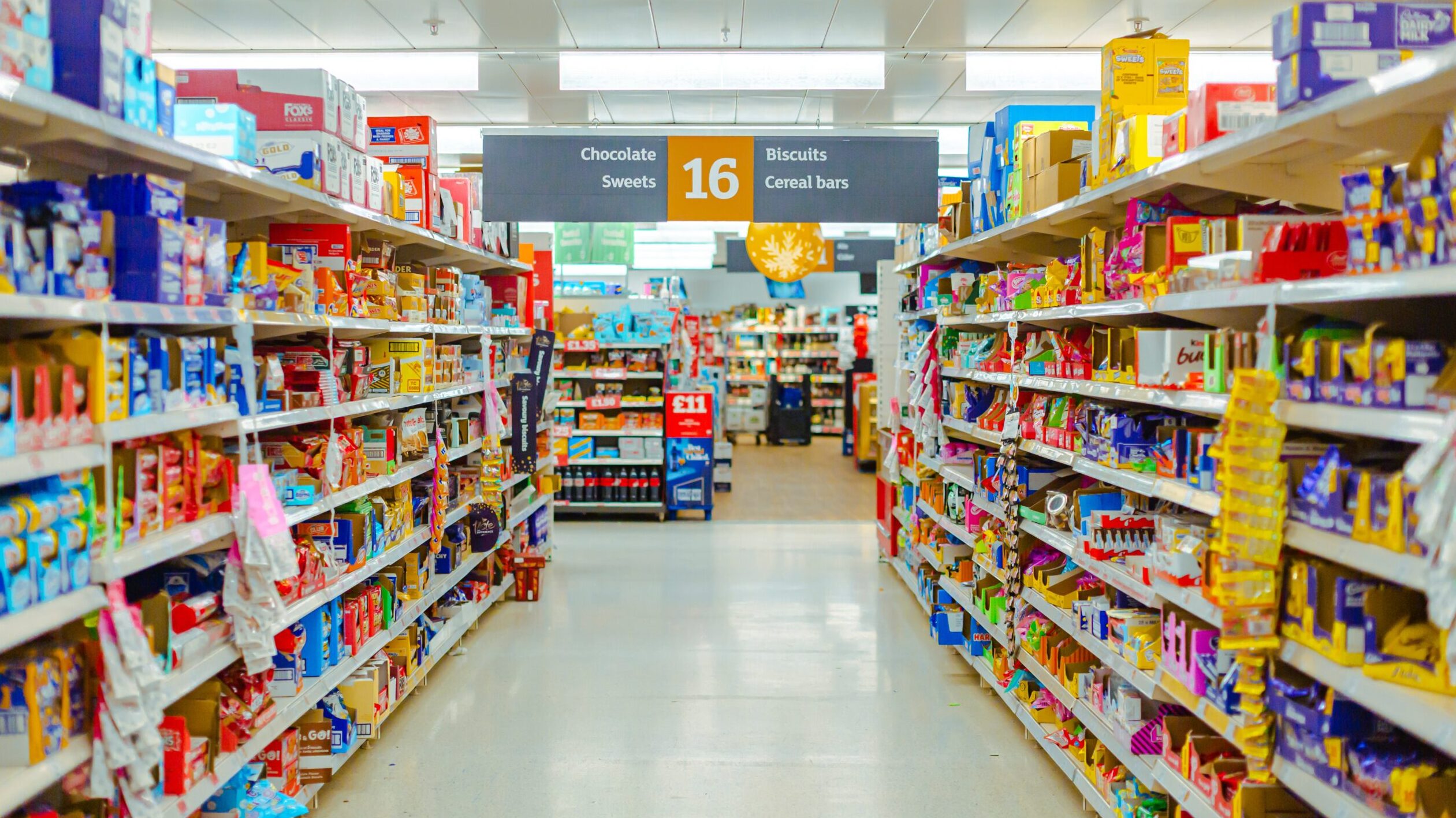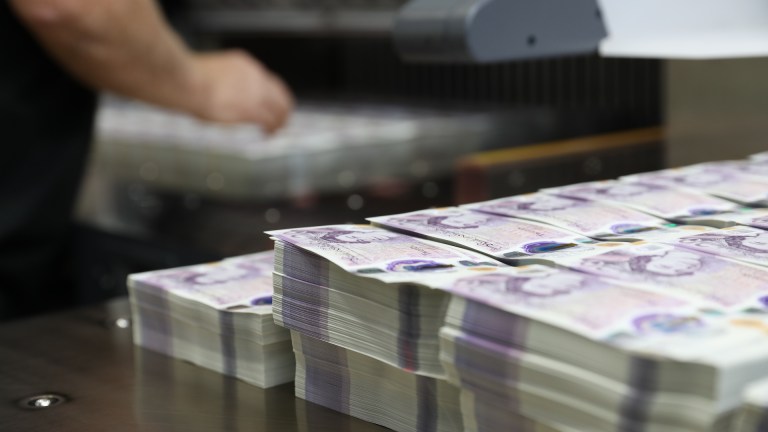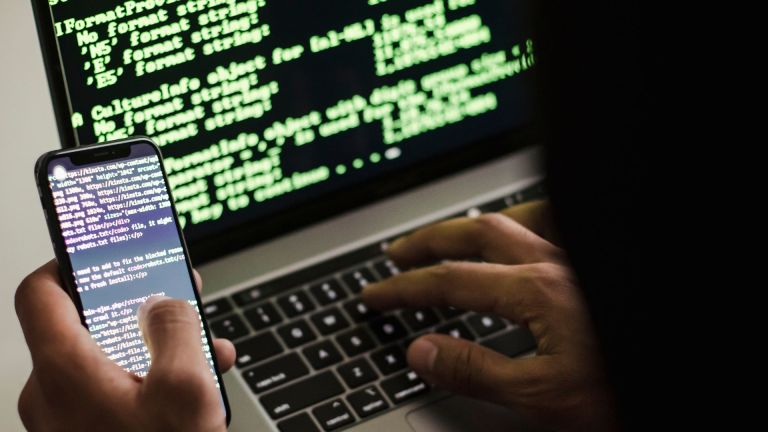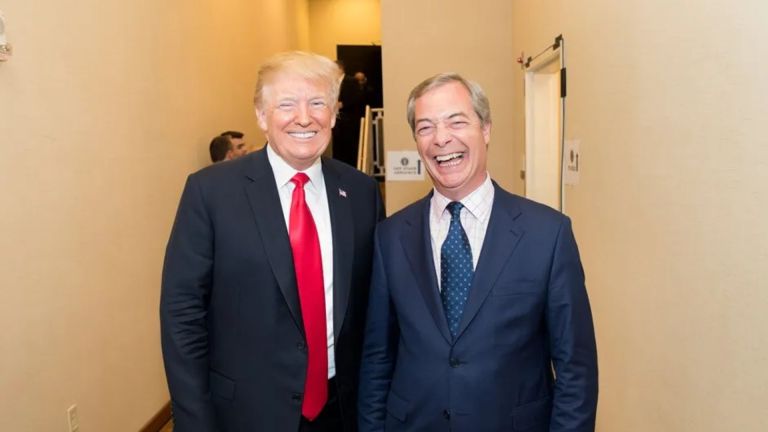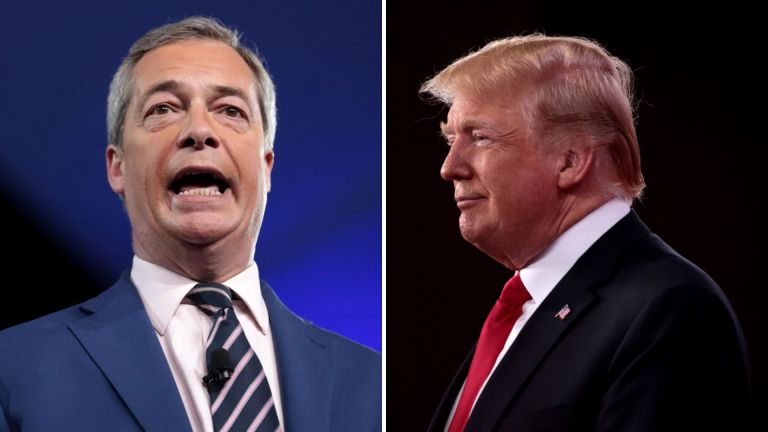“The government cannot police its way out of the cost of living crisis. Instead of ramping up the use of oppressive policing tools like facial recognition, the government should ensure that families can pay their rent and feed their children. That starts with supporting people who are struggling to survive amid the cost-of-living crisis, the benefit cap and rocketing food prices.”
Your support changes lives. Find out how you can help us help more people by signing up for a subscription
The most widespread scheme is Facewatch, used by Co-op and others. It operates a shared watchlist among participating stores. Employees are notified when a flagged face shows up at a shop, and it is left up to them to decide what to do.
This was the subject of a legal complaint from Big Brother Watch, who described the supermarker facial recognition cameras as “Orwellian in the extreme” and “highly invasive”.
But the Information Commissioner’s Office, which is responsible for data rights in the UK, ruled in March: “We are satisfied the company has a legitimate purpose for using people’s information for the detection and prevention of crime.”
Facial recognition isn’t the only threat to your privacy when you go shopping. The unstoppable rise of supermarket loyalty cards, which increasingly offer cheaper food in exchange for personal data, has been branded “deeply worrying” by experts, as The Big Issue explored here.
Retailers including John Lewis, Next, and Tesco are even paying police to help with facial recognition through the new Project Pegasus partnership.
Totalling £600,000 in funding, the project will allow police to put CCTV footage from shops through the Police National Database.
Concerns persist over the wider accuracy of facial recognition technology, with a body of research suggesting it is prone to racial bias.
“Using these privately operated mass surveillance systems in supermarkets normalises airport-style security for buying a pint of milk and turns all shoppers into suspects,” Madeleine Stone, senior advocacy officer at Big Brother Watch, said.
“Supermarkets are adding customers to secret watchlists with no due process, meaning shoppers can be spied on, blacklisted across multiple stores, and denied food shopping despite being entirely innocent.”
“Not only is this surveillance tech dangerously Orwellian but it is also highly inaccurate, putting entirely innocent people at risk of being wrongly branded as criminals.”
Get the latest news and insight into how the Big Issue magazine is made by signing up for the Inside Big Issue newsletter
Expect the supermarket surveillance to grow. The Observer revealed in July that the Home Office had thrown its weight behind the technology, aiming to get facial recognition cameras into more shops.
